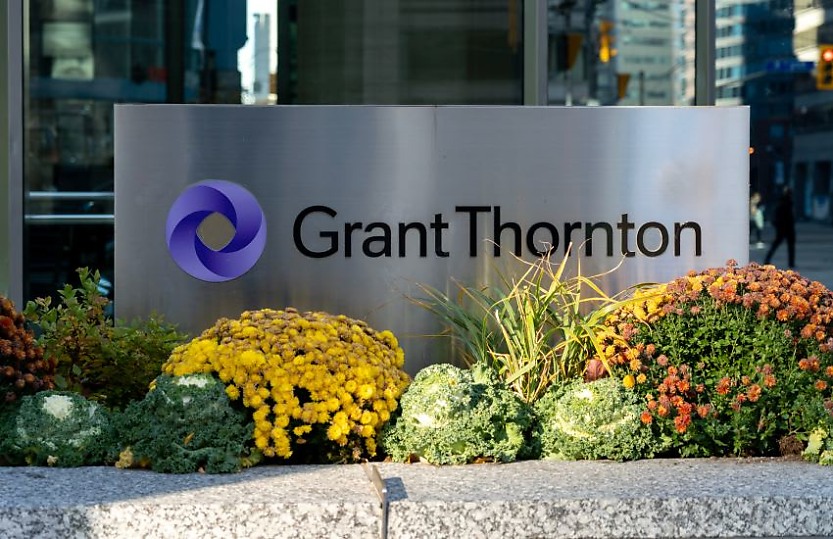Upcoming elections to drive shift in government grants landscape

Elections at both the state and federal election will create challenges and opportunities for businesses seeking government grants, says Grant Thornton.
Business leaders should be reviewing the government grants landscape and identifying where potential opportunities may lie, according to Grant Thornton director Simone Barker.
In a recent article, Barker said upcoming state elections and the federal government's targeted industry support strategy for the clean energy transition will continue to shape the availability and focus of grant programs.
"Governments at all levels continue to seek benefits from grant-supported projects, with funding supporting capital expenditure, high-skilled job creation, skills investment, positive economic outcomes and of course clean energy market development," she said.
However, Barker warned that tougher economic conditions have impacted the availability of grants and how the government chooses to support industry.
Victoria, for example, has scaled back its legacy industry support programs off the back of an inflationary environment and post-COVID-19 budget deficits.
While NSW has reopened grants following the change of government, Barker said the state no longer has the breadth of programs it once did.
"Assessment times on its new Net Zero Manufacturing Initiative program are well over those publicised in the guidelines, and those moving from expression of interest to detailed application stage will agree – things are moving suspiciously slowly," Barker said.
The impact of reduced state budgets is particularly evident in the traditional manufacturing grant space, where funding has been significantly curtailed.
The focus on immediate economic relief measures means limited budget allocations to grant funding, which Barker warned would make the landscape more competitive and challenging – particularly for SME manufacturers operating outside the National Reconstruction Fund priority industry sectors.
Upcoming elections in key states such as Queensland, scheduled for October 2024, and Western Australia, scheduled for March 2025, will also impact the availability of grant funding at the state level.
"This is especially significant in FY25 as both Queensland and Western Australia are states with healthy budget positions, having generally strong and broad grant regimes," she said.
However, Barker said there are emerging opportunities in other areas such as the increasing emphasis on environmental and ESG impacts, including the government's Future Made in Australia plans.
Barker said for innovative businesses with upcoming investment projects, there are still plenty of grant opportunities available despite headwinds.
This is especially the case for businesses operating in priority sectors such as agriculture, defence, energy, food and beverage, health, medtech and life sciences, mining, renewables and low emissions technologies, resources and critical minerals, or space, she said.
About the author







